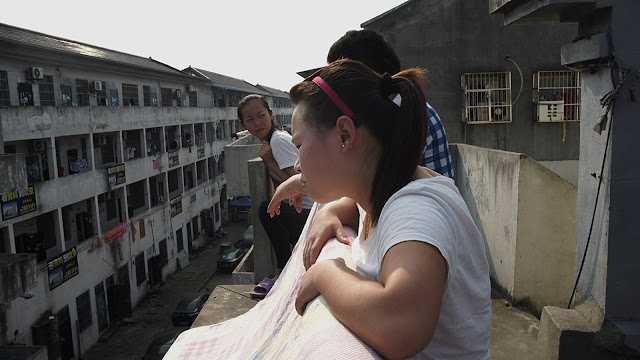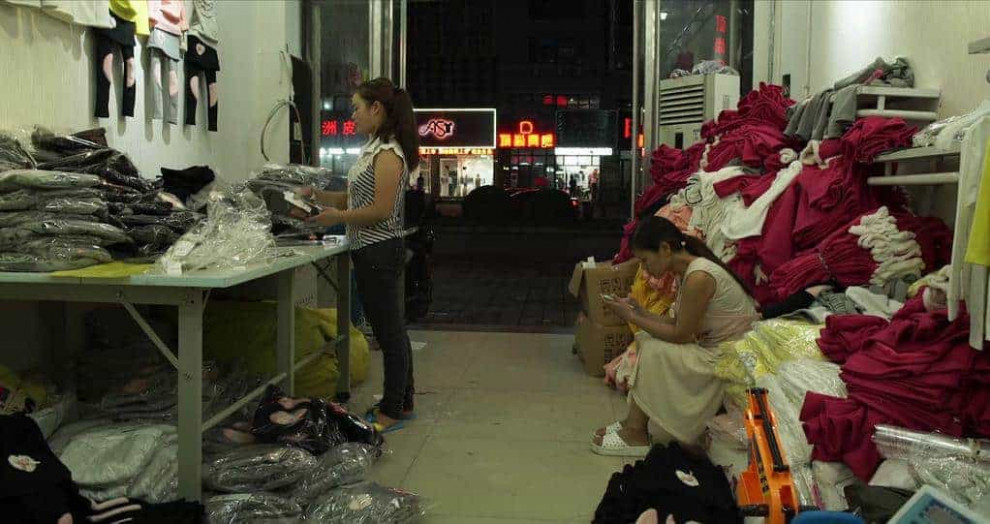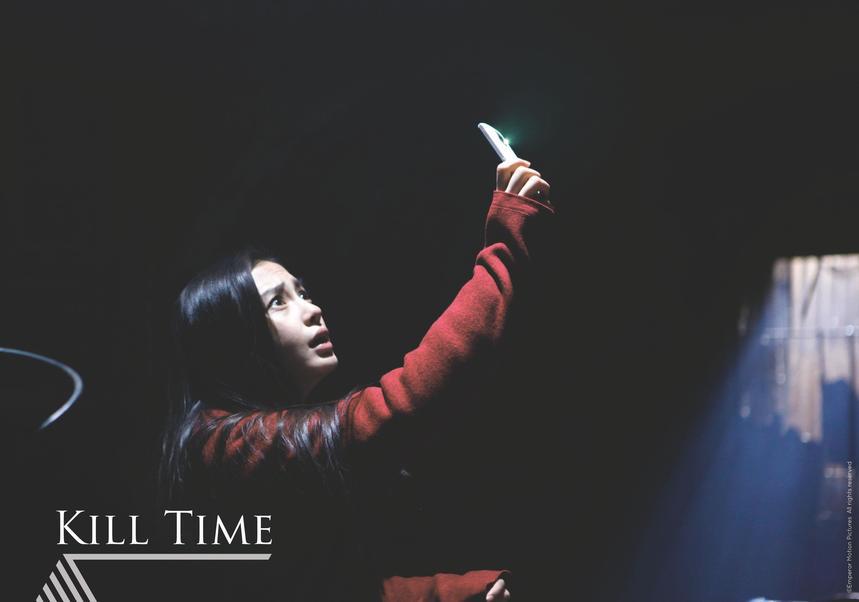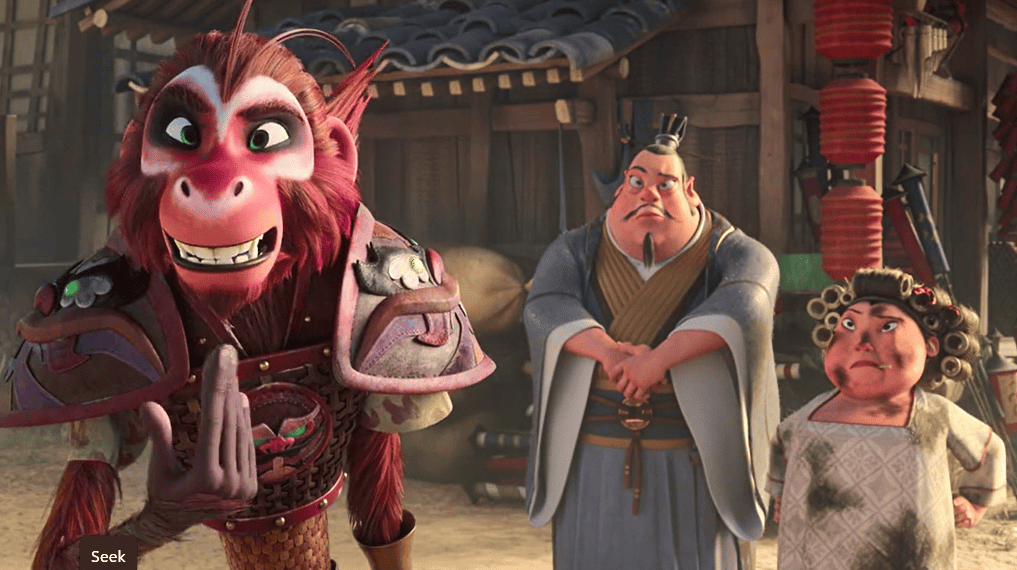Director and documentarist Wang Bing's works have been always portrayed with uncompromised realism. Tales of endurance and resistance on the background of a post-socialism crumbling China, from disintegrating families to disintegrated minds, and “Bitter Money” is no exception. Winner of Human Rights Film Network Award and Best Screenplay at Venice Film Festival 2016, this time, his documentary tackles the huge migration from the rural provinces toward Huzhou, capital of the clothing manufacturing Province of Zheijang, in search of better earnings.
Buy This Title

The film has a very thin narrative structure, locked between an otherwise logical set of introduction and conclusion. We are immediately presented with Xiao Min, in his house in Yunnan Province in Western China. She is only 15 and is just about leaving the family and heading to Huzhou, “Mecca” of the clothing trade. Xiao and her cousin Chen Yuanshen undergo the necessary long and distressing journey on a cramped train and settle in a decent flat in Huzhou. Many of their fellow migrants are less privileged and live instead in busy and cramped dormitories, provided by the small factories.
The narration soon diverges and splits, following the individual stories of some of the inhabitants of this bleak reality. We see them working, hunched over their sawing machines, in long takes on their fast hands; a speed that comes from infinite repetition of the same boring routine. In their monotonous days, even a road accident can be a welcome diversion. We see them exhausted in the little spare time they often spend thinking and talking about work and money. They repeatedly mention during the movie the so-called Pyramid scheme, they all know it's a scam but the allure of easy money is very strong, strong enough to suspend their disbelief.
In one of the most criticised part of the movie. Wang follows (after her incitement) a woman called Ling Ling who is having a hard time with her husband. Their discussion about money turns sour and the man becomes very abusive and violent with her. It is indeed a painful watch as it makes us some sort of reluctant witnesses, and places us dangerously close to the line between ethic and the director's observational MO.

Not all workers can make it through, though; we see a couple of them giving up and going back to their hometowns as defeated. One is sacked for being too slow as he produces “only” 70 garments per day and another young man is not prepared to work a 12-hour shift. The bitter reality that a human being must feel like a looser when he doesn't accept to work 12 hours per day leaves a subtle but extremely persistent aftertaste of this movie. The fractured narration comes to an end when huge bales of clothes and garments are closed and sent for shipping, leaving us thinking that we are the greedy recipients of those sad packages.
There are 2 years of work behind this account of social fracture between industrial areas and countryside; shot between 2014 and 2016, the thousands of hours of footage have been cut down to 200 first and eventually to the 2 and half hours final version, a slim format comparing with the likes of “Tie Xi Qu: West of The Tracks” (2002, 9 hours, 11 min), “Crude Oil” (2008, 14 hours), or “Till Madness Do Us Apart” (2013, 3 hours, 47 min).

Director Wang's camerawork in “Bitter Money” is more dynamic and less detached than in his previous movies, the hand-held camera follows the individuals and jumps from person to person, at times asking them questions and interacting with them, making up with empathy for the aforementioned lack of a narrative structure. This humanity that Wang Bing infuses in his portrait of a migration and its cruel cost makes “Bitter Money” a difficult but compelling and necessary view.















